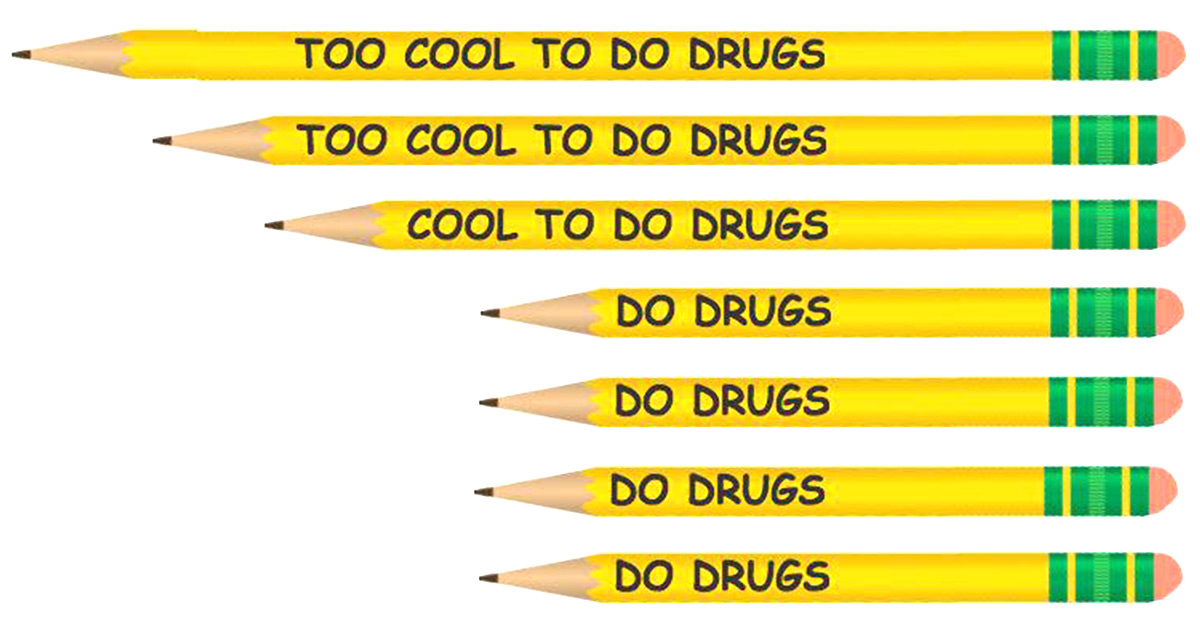Welcome back to This Week in Ideas, Freethink’s take on the best stuff from around the web. This is our last edition before Christmas, so let’s start with the most contentious debate of the early 21st century: How great of a movie is Love Actually ?
“In the past few weeks, a debate has been raging online over the merits of Love Actually ,” NPR reports. “The British movie, which celebrates its 10th anniversary this year, follows 10 interwoven stories of love — unrequited, adulterous, pre-adolescent, etc. — and for a movie that’s all about love, there’s sure been a lot of hating going on.”
This is not unique to this Christmas season. People have been losing their minds and their friends over Love Actually since the film hit theaters. Which just goes to show that some people don’t know an all-time classic when they see one.
Why D.A.R.E. didn’t work : “Students who went through DARE weren’t any less likely to do drugs than the students who didn’t. In fact, there’s some well-regarded research that some groups of students were actually more likely to do drugs if they went through DARE.”

What will the cities of the future look like?
This guy is trying to find out:
**How the scientist who founded the science of mistakes ended up mistaken: ** Daniel Kahneman and Amos Tversky were pioneers in the study of bias in decision-making. But what kind of biases crept into their own work over the years?
Feature image via Priceonomics




